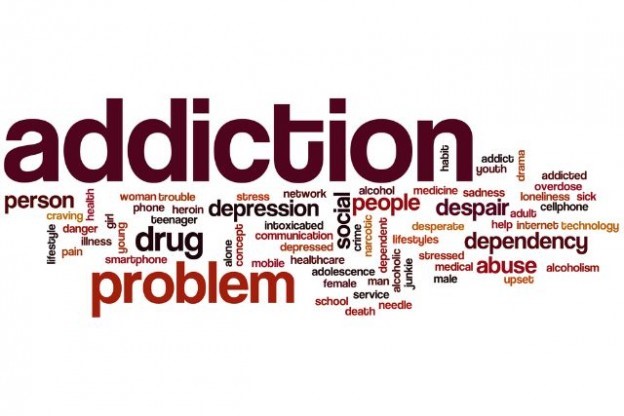Understanding the Meaning of Addiction
A lot of people have a shallow understanding of addiction and its effects. If you asked people the first thing that comes to their mind upon the mention of the word addiction, most would say that it is a person who uses and abuses drugs and alcohol. Many people hold the belief that addiction refers to the use and abuse of drugs and alcohol which is not the case. Addiction extends its reach further from drugs and alcohol use. It refers to any behavior, substance, or object that is the primary focus, at the exclusion of others, of an individual’s life and one which harms the person, or others emotionally, physically, mentally, or socially. What a person is addicted to becomes a habit and takes over control of the individual’s life making it impossible for them to control their actions and behaviors and this has been a huge issue in the society.
In understanding addiction, it is essential to take note of its various forms which include behavioral and substance addictions. Addictive behavior is a type of addiction that involves excess activities which result in negative consequences. For instance, shopping and eating are behavioral addictions that could result in one mismanaging their finances or being obese and unhealthy. Substance addiction, on the other hand, is the uncontrollable use of such materials like drugs and alcohol (Rose and Dhandayudham). These addictions have been persistent and have caused significant problems for a lot of people mostly due to their lack of understanding of what addiction is and the various ways it manifests itself.
Addiction, as noted, can take the form of uncontrolled spending of money. Individuals gradually spend money and exceed their means and, over time, it becomes a habit that they cannot resist or do away with completely. One way that people like spending their money is through shopping. Shopping is not age or geographically restrictive since everyone has something they love and would like to buy. However, different people have different and many reasons for shopping. For instance, there are those who browse for products to shop when they are depressed and want to relax. On the other hand, there are those who shop in order to have the latest trends or acquisitions in fashion and other industries. Unfortunately, excessive shopping can lead to one purchasing products they do not need, but feel like they want, at the expense of what is important. This becomes a habit and gradually develops into an addiction. It then becomes a huge problem when one starts spending beyond their means and they have to take loans from friends and financial institution to finance their addiction. Decidedly, this often results in huge debts, shame, depression, relationship constraints and so forth. As such, addiction, particularly shopping addiction, has a negative impact on one’s mental, social, and financial well-being.
Another way that addiction manifest itself and one that can help provide an understanding of the concept is eating. A lot of people are addicted to eating whereby, whenever they start eating, they cannot bring themselves to stop. Also, people often have cravings for certain foodstuffs that they cannot fight. People have varying tastes in foods, snacks, or drinks. Some enjoy such sweet edibles as chocolates and other salty foods. It is good for them to satisfy their desires and cravings. However, when that is stretched beyond the limits, it becomes an addiction and a problem for that matter. Mainly, this happens to individuals who are weak at controlling their desires. According to research, eating is a form of behavioral addiction that can be experienced by anyone. Schulte et al. state that “One major rationale for the eating addiction framework is that the assessment of food addiction is based on behavioral indicators, such as consuming greater quantities of food than intended and eating certain foods despite negative consequences.” Eating more food than what the body needs can cause serious side effects and disorders. For instance, meat contains important food nutrients and is essential for our health. However, excessive consumption and being addicted to meat can lead to serious health problems such as kidney disease and some types of cancer. Also, addiction to meat and other foods can lead to weight problems; about 40 percent of people who have eating disorders are addicted to food and are concerned about their weight and shape (Eichen).
In conclusion, addiction can be manifested in various forms, and each has its negative repercussions. Everyone is prone to addiction and its negative impacts. It is, therefore, important for all people to have a better understanding of what addiction is and what it can do to a person. The traditional understanding of addiction as the use and abuse of drugs and alcohol needs to be expanded, as I have done, to cover addiction in its entirety. People need to understand that going beyond the limits of anything in a manner that hurts oneself and others in any way is an addiction and should be combated accordingly.







